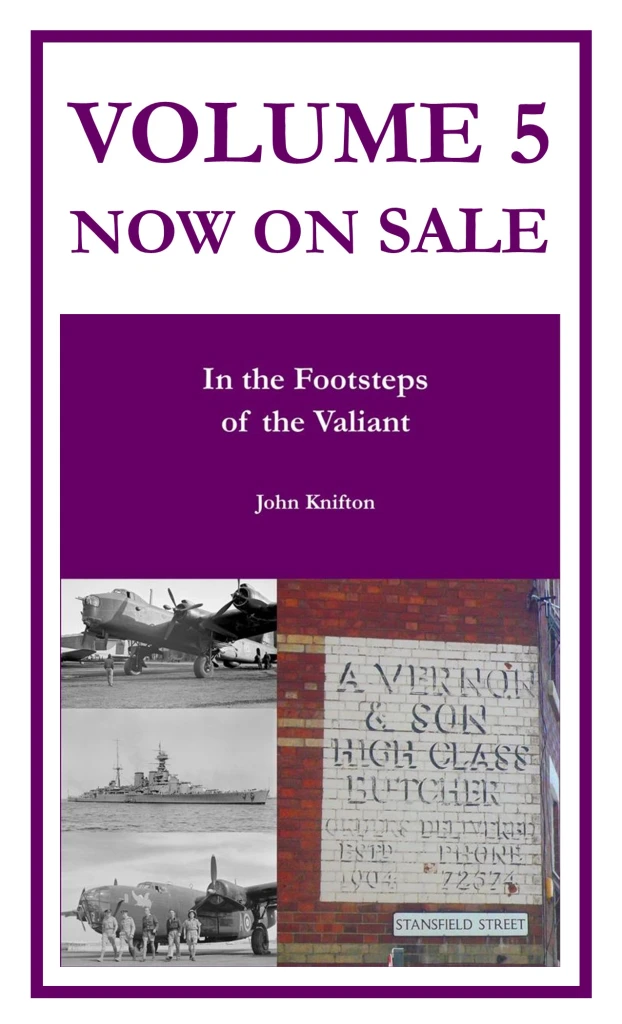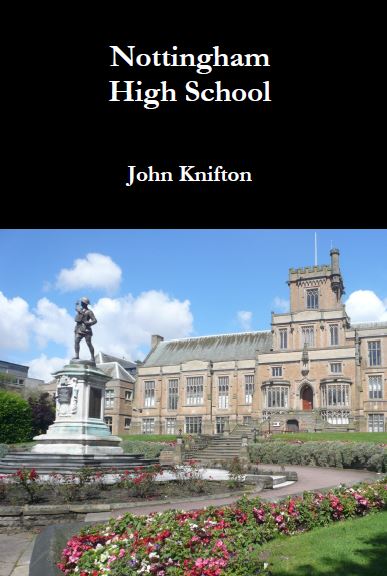Two very different geniuses (or perhaps genii), have both offered their opinion about our O-so-short existence on Planet Earth. One was the Venerable Bede (or the Venereal Bede as we used to call him at school). TVB lived from AD 672–735. He was a Saxon and he was the author of “The Ecclesiastical History of the English People” and “The Ecclesiastical History of the English People: The Heavy Metal Years”. And TVB’s views were not exactly overflowing with either certainty or optimism, despite his continuing promotions from one job to another in the hierarchy of the church, bringing him ever closer to The Big Man. Pope St Gregory III. Here is TVB, on his visit to Craggy Island:
Young Father Dougal McGuire is taking notes of the Great Man’s order for the Chinese takeaway while Fathers Ted and Jack debate whether, if priests were Chinese meals, Dougal would be Dim Sum. And TVB continues:
“The life of man upon the Earth seems to me like the flight of a sparrow through the Great Hall where the king sits at supper in winter, with his noblemen and knights. The fire blazes brightly and the hall is warm, even though the wintry storms of rain or snow are raging outside. The sparrow, flying in at one door, through the hall, and flying out at the other door, is safe from the wintry tempest whilst he is inside, but after a short interval of nice warm weather, he immediately vanishes out of your sight, passing from winter to winter again. So our life as men lasts for a little while, but of what went before our lives or what is to follow our lives, we know nothing at all.”
Shakspere, a man who couldn’t even spell his own name consistently, was ten times as pessimistic:
“Life’s but a walking shadow, a poor player
That struts and frets his hour upon the stage
And then is heard no more.
It is a tale
Told by an idiot,Full of sound and fury,
Signifying nothing.”
Our understanding is not helped either by the fact that, because of the shortness of our lives, it almost always proves impossible for Man A in the twelfth century to tell another man, Man B, in the late eighteenth century, that, between them, they have discovered the two halves of one of the great truths of human existence. But without being able to compare notes, neither of the two will ever realise that, by putting the two halves together, one of our great questions may have been answered.
The two men in question both had an identical and absolutely extraordinary experience.
Man A in the twelfth century was an Iroquois hunter:
One day he gets tired from his hunting. He lies down in the forest and goes to sleep. When he awakens, a hundred years have passed. His great-grandchildren have grey hair and his children and his grandchildren are all dead.
Then there’s the Dutchman from the late eighteenth century. One day he is walking up a mountain path and accepts the offer of a drink of liquor from some elegantly dressed men. He soon falls asleep and when he awakens, twenty years have passed. His nagging wife is dead and so is his dog, Wolf, and his country no longer has a king but a president. The man’s name? Rip van Winkle:
Both men have found answers to at least one of the questions which, nowadays, we are all burning desperately to solve. But, in actual fact, the question may already have been solved centuries ago, and the answer has then been hidden away in the dust of our premature deaths, lost in the passage of time. If only 21st century Americans knew that they need to talk to a late 18th century Dutchman , or perhaps even a 12th century Iroquois to get an answer to one of our biggest questions.
And that particular question is:
Are there beings out there somewhere who have powers way beyond ours, such as the manipulation of time or even time travel itself? :
Other burning questions, near to the top of the list, are :
1 are there superior beings out there somewhere who like to spy on us?
2 do they ever intervene in human affairs?
3 do they ever abduct us and take us elsewhere for periods of time?
These “superior beings”, of course, extend upwards as far as gods and angels.
Here in Merry Olde Englande, we, of course, have the answers to all three of these questions. They are Yes, Yes and Yes/Perhaps. And these answers have all three been known to the country people of Cornwall for, possibly, ten centuries.
The Cornish country people have long been familiar with these superior beings. They may spy on us, they may take an interest in our affairs, they interfere with our lives and they occasionally abduct us and do what they want with us, for as long as they think fit. Today, in our technological society, these superior beings are now known as “extra-terrestrials” and they apparently possess technology light years ahead of our own:
In the seventeenth and eighteenth century, though, the Cornish people knew them not as “extra-terrestrials” but as “fairies”. They seem to have encountered them quite frequently and they accepted their existence without hesitation. And those beliefs, while nowadays not quite as strong as in the past, still persist even nowadays.
All you need to know is that the Cornish fairies of centuries ago have never been quite the same as the poetic, upper class, literary fairies of JM Barrie and Peter Pan and Tinkerbell. Cornish fairies are usually just like human beings in size and appearance, and they all have very strong magical powers, rather like Samantha in “Bewitched” :
And one other thing….Cornish fairies are always nasty, and sometimes they can be very nasty indeed:




































